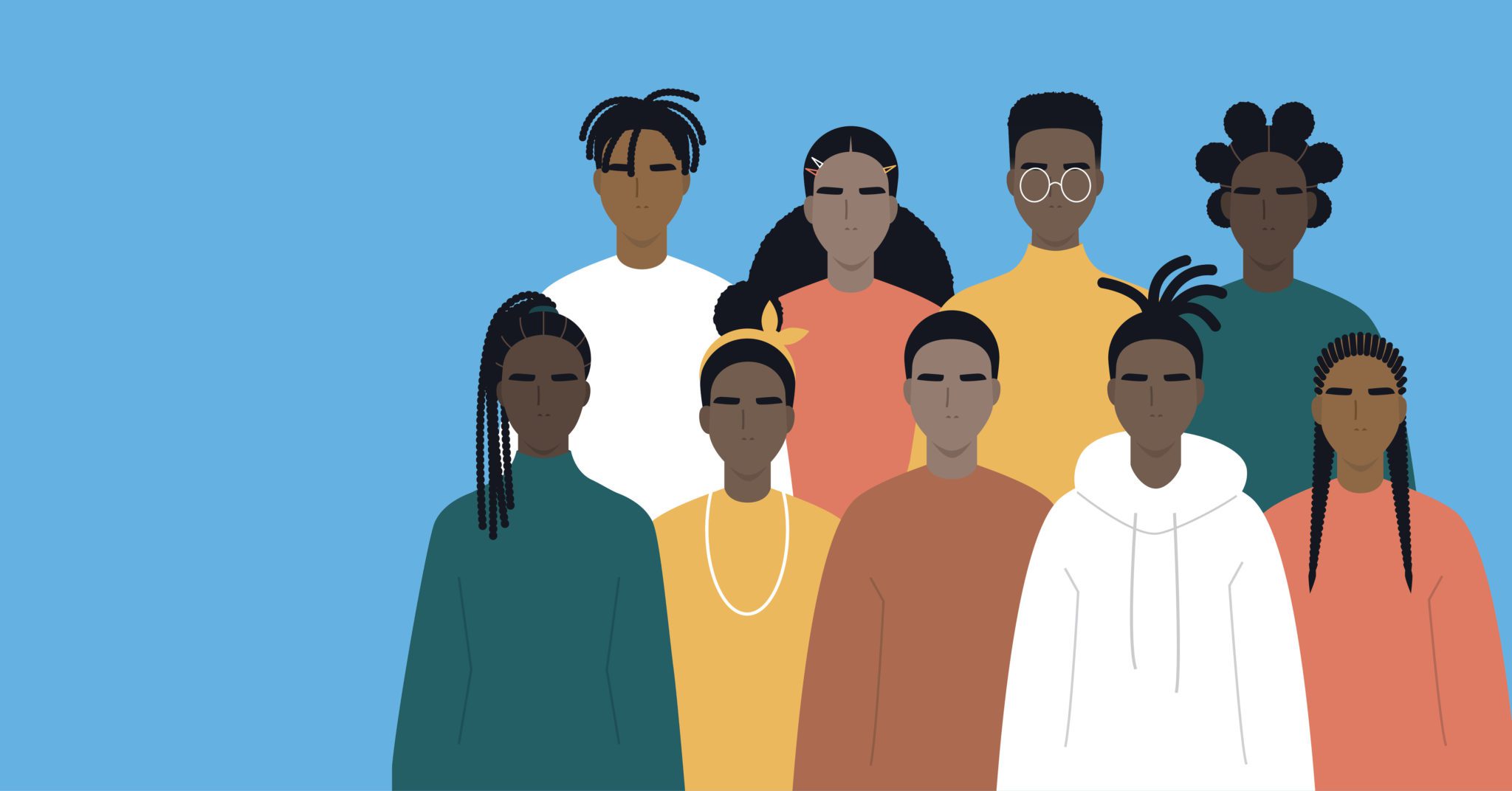
The Seattle Office for Civil Rights is excited to announce two awardees for the 2021 Collective Network Community Alternatives to Incarceration and Policing Request for Proposal: the Liberation Medicine School and the Lavender Rights Project.
In August 2021, SOCR launched the Collective Network Request for Proposal, that focused on Community Alternatives to Incarceration and Policing, with aims to invest in organizations or coalitions that would build a collective network that supports community members impacted by the criminal legal system and develop proposals for alternatives to incarceration and policing.
The investment strategy for this RFP focused on addressing the harms created by, and funding alternatives to, the carceral state while addressing the disproportionate impact of incarceration and policing on Black communities and families. SOCR also added analysis and language to expand the focus population and appeal to applicants from Black transgender and gender diverse communities.
Approximately $1,000,000 is available for two years of total funding, with $500,000 for 2022 and the remaining $500,000 available in the subsequent year up to December 31, 2023.
The 2021 Collective Network Rating Panel Participants recommend full funding for two proposals:
- Black Trans Sovereignty: Our Origins & HxStories of Medicine proposal of $500,000 submitted by Liberation Medicine School.
- Black trans-led organization capacity building & indirect intervention of carceral systems experienced by Black trans and gender diverse communities in WA State proposal of $500,000 submitted by Lavender Rights Project.
Black Trans Sovereignty: Our Origins & HxStories of Medicine submitted by Liberation Medicine School was a strongly written proposal with a deep analysis of the carceral state as it relates to the “Medical Industrial Complex” and demonstrated an ability to meet the goals of the investment strategy and scope of work, including:
- Strong examples of established healing projects addressing wellness needs and focusing on processing trauma from anti-Blackness/transphobia.
- A divestment/investment strategy of building autonomous spaces of medicine for Black Trans folks to heal, learn, and teach.
- Demonstrated their commitment and existing work around wellness through long-term healing practices and accountability to communities most impacted by the carceral state, particularly the “Medical Industrial Complex.”
- Provided a blueprint for organizing with Black Trans people via a 9-month cohort model for recognizing and building innate skills of medicine and modeling safety and wellness in the broader community.
Black trans-led organizational capacity building & indirect intervention of carceral systems experienced by Black trans and gender diverse communities in WA state submitted by Lavender Rights Project included a strongly written proposal outlining their multi-faceted approach for liberation in their organization overview and proposal description. Of particular note was their leadership makeup of leaders that identified as BIPOC and Trans and Gender Diverse. Some additional strengths include:
- Demonstrated strong legal support for individuals in Black trans and gender diverse communities.
- Demonstrated a commitment to supporting Black trans and gender diverse individuals by providing supportive housing.
- Provided strong history of organizing a broad base to build collective power.
- Demonstrated a strong interest and focus on addressing Internalized Oppression, specifically transmisogyny as it plays out internally as well as externally throughout the nonprofit industrial complex.
The rating panel participants for the RFP included diverse community members that identify as Black, people of color, queer, transgender, and gender nonconforming and work as anti-racist organizers. Some are employed at non-profit organizations and local government agencies addressing the harms of the carceral state, equitable development, and transphobia. Participants reviewed all proposals remotely and met via Zoom to review their scores.
Initial awards will be made for the period of January 2022, through December 31, 2023.
Visit the SOCR website for more information on the Collective Network.


